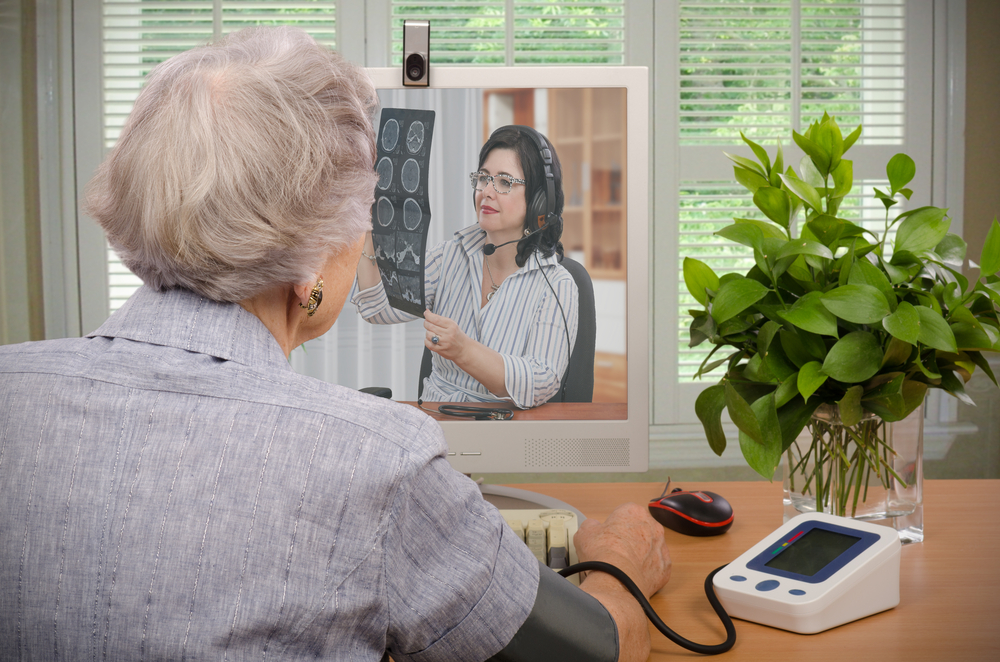Findings from a recent study published in the Jornal Brasileiro de Nefrologia revealed the development of a web system for carrying out electronic consulting of patients with stable chronic kidney disease (CKD) in pre-dialysis stages. According to the researchers this system will enable an in increase in the coverage area of nephrologists, reduce costs and bring patients to a primary care physician using the Family Health Program as an interface between the patient and the nephrology secondary care.
Clinical follow-ups of CKD patients takes place in their doctor’s offices where physicians establish a mutual relationship of respect and trust with the patient to obtain relevant clinical information about health concerns while providing clinical information about the condition, its prognosis and treatment in the short and long term.
Telemedicine/Telehealth is the supply of healthcare-related services where distance is a critical factor, expanding care and coverage. These types of services are provided by healthcare professionals that use information and communication technologies for the exchange of valid information to promote health protection and reduce disease risk.
With the aim of developing a platform to carry out electronic consulting (hereinafter E-consults) to work in an environment in which doctors can treat CKD patients (not on dialysis) regardless of time and place, in the study entitled “Telemedicine: Development of a distance care system for pre-dialysis chronic kidney disease patients”, Natália Maria da Silva Fernandes from the Universidade Federal de Juiz de For and colleagues developed a system using Java language, MySQL database and PrimeFaces framework, available on a Glassfish application server.
In their study the authors explain that the initial access is handled by a nephrologist who registers patients with their personal information and access data. Then, the patient (or family doctor) can enter query data that will be followed by the nephrologist for evaluation. The form with the data of interest is pre-determined, but there is the possibility to add free-form information. Additionally, the system enables an exchange of messages between doctors and patients, with users receiving messages via e-mail to alert them of their duties. Confidentiality is guaranteed by individual passwords for both doctors and patients.
The authors believe that when available and used as an alternative to face-to-face consultation, this tool can help expand nephrology care coverage for stable CKD patients.

